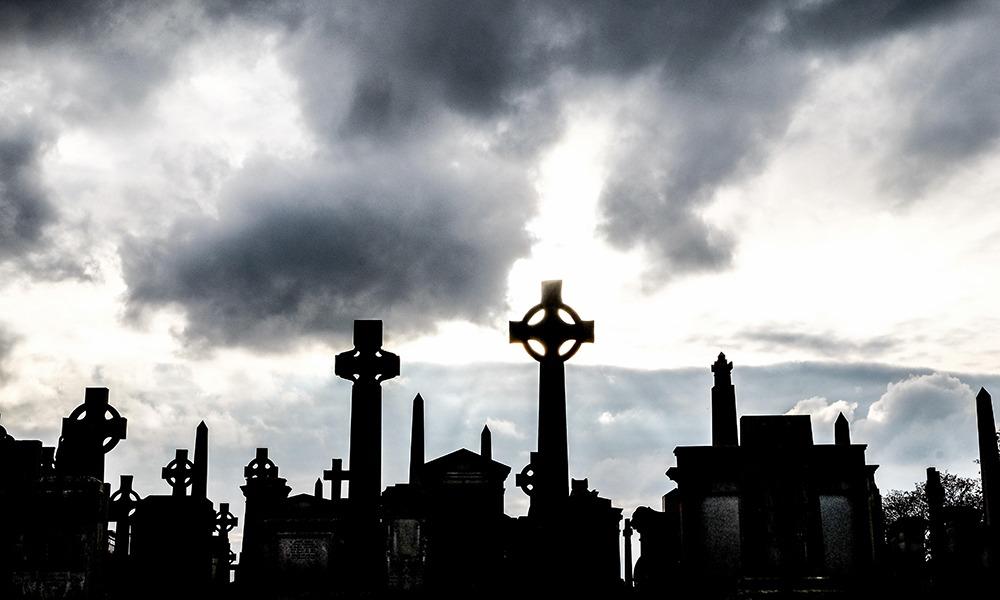The counterculture’s countdown to Armageddon
“The Son has come and you’ve been left behind.”
In the late ‘60s and early ’70s, a new form of evangelical Christianity spread to a surprising audience: the long-haired hippies of the counterculture — and it become popularly known as the Jesus Movement. Central to its theology was the belief that the end of the world was coming any minute.
The idea that true Christians would disappear from the Earth in an event called the rapture came out of a 19th century belief system called dispensational premillennialism. But through a savvy use of pop culture, the worldview got a hip update that resonated deeply with a generation of disillusioned young people. Facing apocalyptic-sounding reports of global violence, ecological disaster and cultural upheaval, they were searching for spiritual answers.
Hal Lindsey’s influential 1970 book “The Late Great Planet Earth” connected the chaotic events that were distressing young Americans to apocalyptic Biblical prophecies — and became, by some accounts, the bestselling book of the decade. Larry Norman’s often covered song “I Wish We’d All Been Ready,” recorded for what’s often called the first Christian rock album, beautifully captured the fear of being left behind in the rapture.
And the 1972 film “A Thief in the Night,” which depicts the rise of the Antichrist, terrified countless young people.
Books used in researching this segment that you might also enjoy:
- David W. Stowe, “No Sympathy for the Devil: Christian Pop Music and the Transformation of American Evangelicalism.”
- Amy Frykholm, “Rapture Culture: Left Behind in Evangelical America.”
- Larry Eskridge, “God’s Forever Family: The Jesus People Movement in America.”
- Randall Boyer, “When Time Shall Be No More: Prophecy Belief in Modern American Culture.”
- Terry Lindvall & Andrew Quicke, “Celluloid Sermons: The Emergence of the Christian Film Industry, 1930-1986.”
